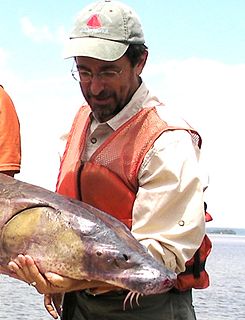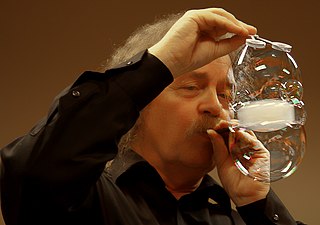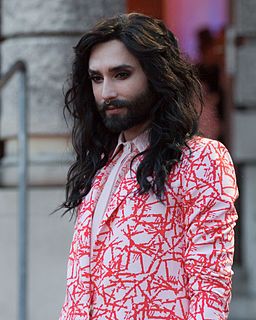A Quote by Naval Ravikant
Money is a bubble that never pops. It's a consensus hallucination.
Related Quotes
Finally, I would remind you to notice where the claim of consensus is invoked. Consensus is invoked only in situations where the science is not solid enough. Nobody says the consensus of scientists agrees that E=mc2. Nobody says the consensus is that the sun is 93 million miles away. It would never occur to anyone to speak that way.
The Photograph is an extended, loaded evidence — as if it caricatured not the figure of what it represents (quite the converse) but its very existence ... The Photograph then becomes a bizarre (i)medium(i), a new form of hallucination: false on the level of perception, true on the level of time: a temporal hallucination, so to speak, a modest (o)shared(i) hallucination (on the one hand 'it is not there,' on the other 'but it has indeed been'): a mad image, chafed by reality.
I have this idea of a Taiwan Consensus, which means people in Taiwan have to get together and form a consensus of their own and that they turn around to talk to the Chinese to form a cross-strait consensus so we can build a relationship on that consensus. And in my view, that is the right order to do things.
It is true that we need a consensus to go forward with restoring passenger rail in America, and often a consensus is formed by political action, via government. That is all true. But we have no such consensus, and no one in government or politics these days has the will or the force of personality or perhaps even the understanding of the situation to get on with job of forming a consensus supporting rail.
The work of science has nothing whatever to do with consensus. Consensus is the business of politics. Science, on the contrary, requires only one investigator who happens to be right, which means that he or she has results that are verifiable by reference to the real world. In science consensus is irrelevant. What is relevant is reproducible results. The greatest scientists in history are great precisely because they broke with the consensus.
People at the top spend less money than those at the bottom so when you have redistribution toward the top, aggregate demand goes down. Unless you intervene, you're going to have a weak economy unless something else happens. That something else could be a bubble. The United States tried a tech bubble and a housing bubble, but those were not sustainable answers. So I view inequality as a fundamental part of our macroeconomic weakness.

































